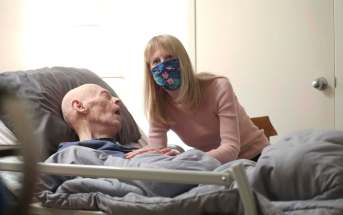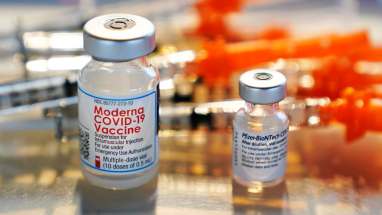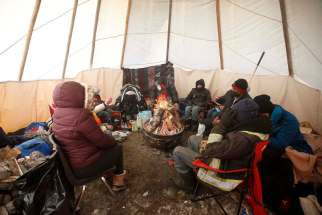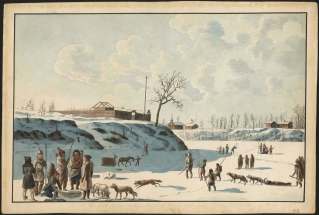Delay second doses, immunize more Manitobans now
Read this article for free:
or
Already have an account? Log in here »
To continue reading, please subscribe:
Monthly Digital Subscription
$1 per week for 24 weeks*
- Enjoy unlimited reading on winnipegfreepress.com
- Read the E-Edition, our digital replica newspaper
- Access News Break, our award-winning app
- Play interactive puzzles
*Billed as $4.00 plus GST every four weeks. After 24 weeks, price increases to the regular rate of $19.95 plus GST every four weeks. Offer available to new and qualified returning subscribers only. Cancel any time.
Monthly Digital Subscription
$4.99/week*
- Enjoy unlimited reading on winnipegfreepress.com
- Read the E-Edition, our digital replica newspaper
- Access News Break, our award-winning app
- Play interactive puzzles
*Billed as $19.95 plus GST every four weeks. Cancel any time.
To continue reading, please subscribe:
Add Free Press access to your Brandon Sun subscription for only an additional
$1 for the first 4 weeks*
*Your next subscription payment will increase by $1.00 and you will be charged $16.99 plus GST for four weeks. After four weeks, your payment will increase to $23.99 plus GST every four weeks.
Read unlimited articles for free today:
or
Already have an account? Log in here »
Hey there, time traveller!
This article was published 25/02/2021 (1824 days ago), so information in it may no longer be current.
Manitoba’s public health officials could keep waiting for more data to decide if they should delay giving out second doses of the COVID-19 vaccine. Or, they could follow the lead of other provinces, which have decided there’s enough evidence that shows delaying doses saves lives and reduces hospitalizations.
Dr. Joss Reimer, medical lead on the province’s vaccine committee, said Wednesday Manitoba is still reviewing the scientific evidence to decide whether delaying second doses beyond the manufacturer’s recommended 21 to 28 days would protect more Manitobans from the disease.

Manitoba has resisted the move, suggesting it would be unsafe to go “off-label.” Provincial officials have said repeatedly they would not compromise “safety for speed,” preferring instead to fully vaccinate as many people as possible with both doses.
Delaying second doses would allow more people to get vaccinated with one shot sooner.
At least five provincial governments have expedited vaccinations by delaying second doses.
Quebec led the way in December when it announced second-dose intervals would be extended up to 90 days. British Columbia has been delaying second doses since January, citing evidence from around the world (and more recently from Quebec) that first doses of the Pfizer-BioNTech and Moderna vaccines provide over 90 per cent protection after two weeks. Ontario, Saskatchewan and New Brunswick are also delaying second doses.
Reimer, for the first time this week, appeared open to making the shift.
“Right now, this is being reviewed in all provinces and territories and at the national level by the national advisory committee on immunization and the Public Health Agency of Canada,” she said.
That’s a bit misleading. Other provinces may be reviewing new data as it becomes available, but most of the country is already extending second-dose intervals, particularly in the face of limited vaccine supply. 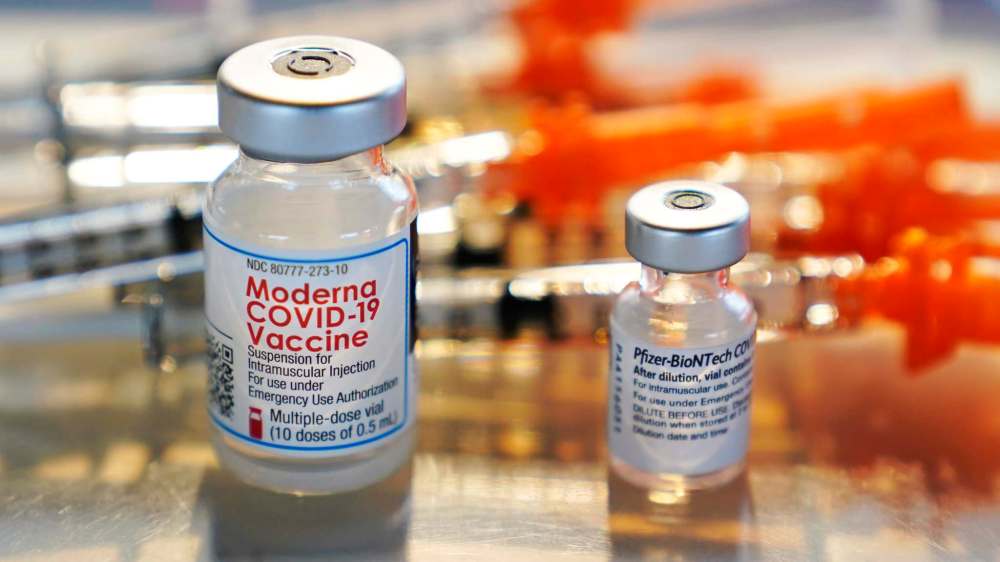
“As we’ve said all along, we will shift our approach if the evidence shows us that that’s the best direction to go,” she said.
That’s not quite what they’ve said in the past, but it does appear they’re now open to the change.
In a perfect world, the province would have the luxury of taking all the time it needs to review mountains of data. But in the midst of a pandemic, in which people are dying and where more contagious variants are circulating, time is of the essence.
No one is asking the province to be reckless or compromise safety when it comes to immunizing people. Nor is anyone suggesting second doses be eliminated altogether.
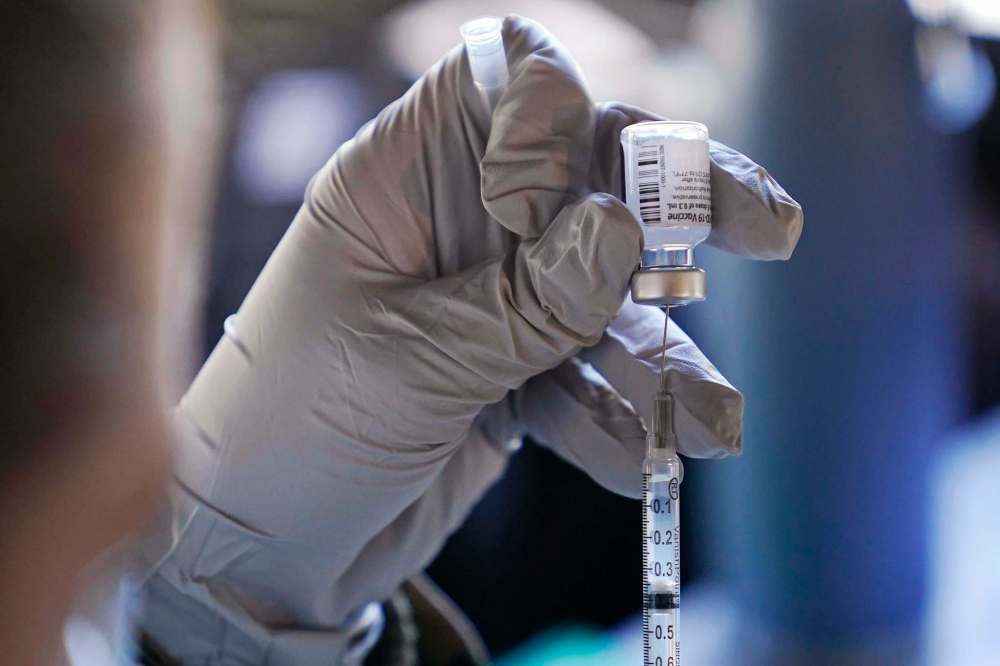
Rather, there is convincing evidence from around the world (supported by the World Health Organization, the U.S. Centres for Disease Control and Prevention and Canada’s national advisory committee on immunization) that first doses provide high levels of protection, and second doses can be delayed.
Manitoba already has anecdotal evidence from personal care homes, where most residents have received at least one dose of the vaccine. It’s led to a drastic decline in outbreaks, said Reimer.
Part of that is because of lower cases overall in the province, but first doses of the vaccine are likely a factor, she said.

“What they’re telling us is that it seems that the residents are experiencing less severe symptoms than they had seen in previous outbreaks,” said Reimer. “They feel that fewer of (them) are becoming very ill, fewer are dying and fewer are ending up in hospital.”
As of Feb. 17, only 106 Manitobans had tested positive for COVID-19 after receiving one dose (among 35,009 immunized, or 0.3 per cent), Manitoba Health said.
This is not just about reducing severe illnesses and deaths (although it is the primary consideration). It’s also about doing everything possible to reopen more of the economy sooner. Many businesses and not-for-profits are on the brink of bankruptcy.
Stepping up the province’s immunization strategy would help mitigate that.
Manitoba can’t wait much longer. It’s time to make a decision.
tom.brodbeck@freepress.mb.ca

Tom Brodbeck is an award-winning author and columnist with over 30 years experience in print media. He joined the Free Press in 2019. Born and raised in Montreal, Tom graduated from the University of Manitoba in 1993 with a Bachelor of Arts degree in economics and commerce. Read more about Tom.
Tom provides commentary and analysis on political and related issues at the municipal, provincial and federal level. His columns are built on research and coverage of local events. The Free Press’s editing team reviews Tom’s columns before they are posted online or published in print – part of the Free Press’s tradition, since 1872, of producing reliable independent journalism. Read more about Free Press’s history and mandate, and learn how our newsroom operates.
Our newsroom depends on a growing audience of readers to power our journalism. If you are not a paid reader, please consider becoming a subscriber.
Our newsroom depends on its audience of readers to power our journalism. Thank you for your support.

